Veterans’ Treatment Court – A Second Chance
Every July 4th and November 11th, we remember the service and sacrifices of our country’s military veterans. We remember their strength while away at war, but we often forget the hardships that many veterans face once they return home.
According to government reports, there are 23,440,000 veterans in the United States and approximately 1.7 million veterans of Iraq and Afghanistan. A 2000 Bureau of Justice Statistics Report found that 81% of all veterans involved in the criminal judicial system had a substance abuse problem prior to incarceration, 35% were identified as suffering from alcohol dependency, 23% were homeless at some point in the prior year, and 25% were identified as mentally ill.
Veterans’ Treatment Courts are responses to the growing trend of veterans appearing before the courts to face charges stemming from substance abuse or mental illness. Research has shown that traditional services do not always adequately meet the needs of veterans. Veterans’ courts help address the “underlying issues” behind veteran criminality – mental health problems, substance abuse and post-traumatic stress disorder, among others – that often develop from time in combat. Veterans who qualify for the special court can be sentenced to rehabilitative and mental health treatment programs. Presiding judges are typically familiar with the military and veterans issues.
Veterans’ courts are hybrid drug and mental health courts that use the drug court model to serve veterans struggling with addiction, serious mental illness and/or co-occurring disorders. They promote sobriety, recovery and stability through a coordinated response that involves cooperation and collaboration with the traditional partners found in drug and mental health courts in addition of the U.S. Department of Veterans Affairs health care networks, the Veterans’ Benefits Administration, and, in some programs, volunteer veteran mentors and veterans’ family support organizations.
The Tabo Law Firm is a proud supporter of veterans. If you are a veteran charged with a DUI, call Attorney Matthew C. Tabo at 916-504-2660 so that we can work together to get you the legal help you need and deserve.
This is attorney advertising. This web site is designed for general information only. The information presented at this site should not be construed to be formal legal advice nor the formation of a lawyer/client relationship.

